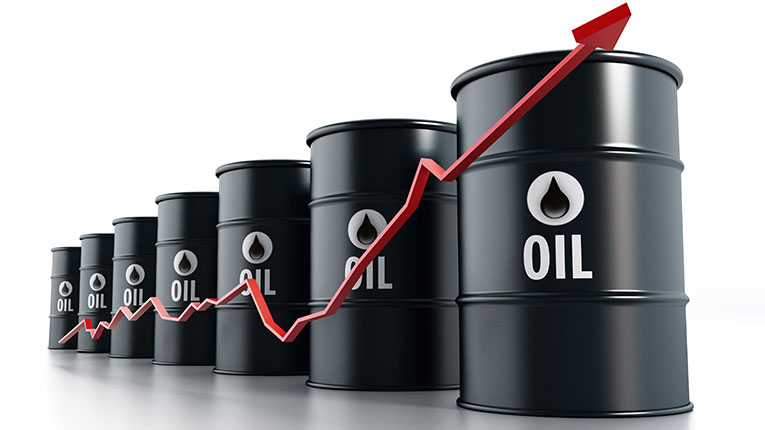Global oil demand will hit a record high in 2023 amid robust consumption in China and elsewhere, which threatens to push prices even higher, the International Energy Agency (IEA) announced on Friday, Bloomberg reports.
In its August report on the world oil market, the Paris-based agency said global oil demand hit a record 103 million barrels per day in June and a new peak could be reached in August, according to Agerpres.
“Demand for oil reaches record values, stimulated by summer air travel, increased use of oil in electricity production and the intensification of activities in China’s petrochemical sector,” states the IEA.
According to the IEA’s latest estimates, global oil demand is expected to increase by 2.2 million barrels per day compared to 2022 to reach a record 102.2 million barrels per day in 2023. Instead, the following year, growth would slow to a million barrels a day, 150,000 barrels a day less than the 1.15 million barrels a day advance the Paris-based agency had previously estimated.
This week, the price of crude oil reached the highest value in the last six months, surpassing the threshold of 88 dollars per barrel on the London Stock Exchange, against the background of the relaunch of fuel consumption after the pandemic but also of the decrease in oil production decided by the OPEC+ alliance.
The sharp drop in global oil demand during the Covid-19 crisis three years ago led to speculation that we could be approaching peak oil consumption as remote working became more popular and governments they want to make the transition from fossil fuels to avoid a climate catastrophe. But the latest IEA data shows that, despite mounting evidence that the planet is warming, oil consumption is stronger than ever.
The International Energy Agency is the main energy advisory body of the 29 most developed countries. The agency was established in response to the first oil shock of 1973-1974, to coordinate the release of oil from reserve stocks.
